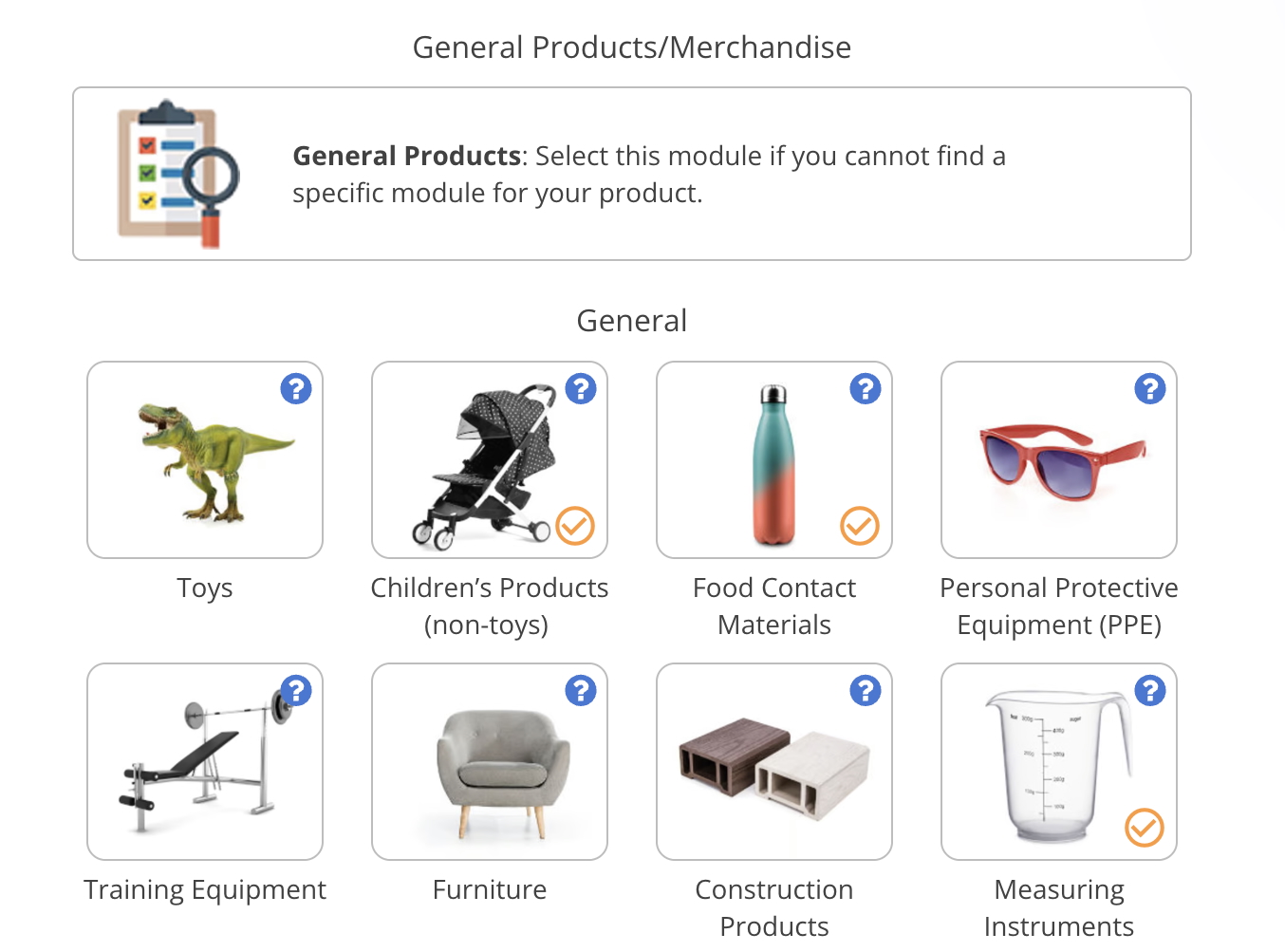
The General Product Safety Regulation (GPSR) requires that manufacturers ensure that their products meet the highest standards of safety. In addition, manufacturers are required to create technical documentation, arrange lab testing, and ensure that their products are correctly labelled with their company details.
In this guide, we explain how you can determine if your company is deemed to be the manufacturer or not. This can be the case, even if you do not actually make products in house. In addition, we also take a closer look at the steps that must be taken to comply with the GPSR, and how the responsibilities differ for manufacturers based in the EU and outside.
Content Overview

FREE CONSULTATION CALL (30 MIN)
 Ask questions about compliance requirements
Ask questions about compliance requirements Countries/markets:
Countries/markets:
 Learn how we can help your business
Learn how we can help your business
You will speak with:Ivan Malloci or John Vinod Khiatani
What is the definition of a manufacturer under the GPSR?
Many companies wrongly assume that the responsibility to comply with the General Product Safety Regulation always falls on the company that produces a certain item. This can be the case, but it is not always so.
The General Product Safety Regulation defines manufacturers as follows:
‘Manufacturer’ means any natural or legal person who manufactures a product or has a product designed or manufactured, and markets that product under that person’s name or trademark;
This definition makes it clear that manufacturers can be both the actual factory or the company that orders products based on their design or brand.
Factories
Companies that directly operate factories can be defined as manufacturers. However, this is not the case if the factory operates as a contract manufacturer for other brands.
Brand owners
Companies contracting manufacturing to other companies are deemed the manufacturer if the products are made based on their design or brand. This is the case regardless of whether you import branded or custom-designed products from, say, China or order products from a factory inside the EU. It also makes sense that the company designing a product assumes responsibility for its safety.
Manufacturer location
Manufacturers can be located both inside and outside the European Union. This is unlike importers, which are defined as companies based in the EU.
Can importers be defined as manufacturers?
Yes, if you import products that are made according to your design or with your brand, then your company is likely deemed to be the manufacturer. As such, companies without any production capability can be classified as manufacturers and therefore assume the main responsibility under the GPSR.
Can resellers or distributors be defined as manufacturers?
No, as the definition of distributors explicitly excludes companies defined as manufacturers:
‘Distributor’ means any natural or legal person in the supply chain, other than the manufacturer or the importer, who makes a product available on the market;
Are manufacturers responsible for ensuring compliance with the GPSR?
Yes, manufacturers assume the core responsibility for ensuring that products are compliant with the GPSR. This means that the responsibility to ensure that your product is compliant with safe designed practices falls on the manufacturer.
How can manufacturers comply with the GPSR?
Manufacturer obligations are outlined in Article 9 of the GPSR. Below is a summary of some of the key steps that must be followed for manufacturers to comply with the GPSR.
Product safety and testing
Manufacturers are responsible for ensuring that their products are safe for consumers. In practice, this means that manufacturers must:
1. Identify harmonised standards under the GPSR
2. If none can be found, ensure compliance with other standards
3. Arrange lab testing to verify compliance with the applicable standards
Technical documentation
Manufacturers must also create technical documentation for their products. This must include the following:
1. General description of the product and its essential characteristics relevant for assessing its safety.
2. An analysis of the possible risks related to the product and the solutions adopted to eliminate or mitigate such risks.
3. Test reports.
4. List of any relevant European standards (or other relevant elements), as applicable.
As you can see above, the test reports verifying compliance with the applicable standards must be included. Further, the risk assessment mentioned in the second point may also serve as the basis for warning texts or safety instructions.
Traceability labelling
Article 9 lists mandatory traceability labelling requirements. The following information is required:
1. Type, batch or serial number
2. Manufacturer name
3. Manufacturer postal address
4. Manufacturer electronic address
Other labelling requirements
Manufacturers must, when necessary, include the following information:
- Warning texts
- Safety instructions
- Age suitability information
This must in turn be grounded in the risk assessment that must be done as part of the manufacturer’s technical documentation. Again, this falls entirely on the manufacturer who must take a hands-on approach to determine if there are any risks or precautions that consumers must know of before using their product.
Are non-EU manufacturers responsible for complying with the GPSR?
Yes, the definition of a manufacturer does not mention the location. Hence, the responsibilities outlined in Article 9 apply both to companies in the EU, and those outside.
Is it mandatory to specify the manufacturer on the label?
Yes, article 9 clearly states that the manufacturer’s company name, postal address and electronic address must be specified on the product, or alternatively on the packaging or user instructions.
However, this doesn’t necessarily mean that you must reveal the name of the company making your products. If you are defined as the manufacturer, assuming you sell products with your brand or based on your design, then that would likely only include your company name.
We have been contacted by many companies fearing that they must give up information about the company actually making their products, which is rarely the case.
Are manufacturers defined as responsible persons?
Yes, manufacturers established in the EU are defined as responsible persons. This is important, as products cannot be legally sold in the EU unless there is a responsible person, which is established in the EU.
Manufacturers established outside the EU must instead sign up with an EU-based authorised representative, who acts as the responsible person.
That said, this is only the case if you as a non-EU manufacturer sell directly to consumers in the EU. If you sell B2B to an importer, then the EU-based importer assumes the role of responsible person. Still, it is in your interest to comply with the GPSR as your EU-based importing customers cannot buy your products otherwise.

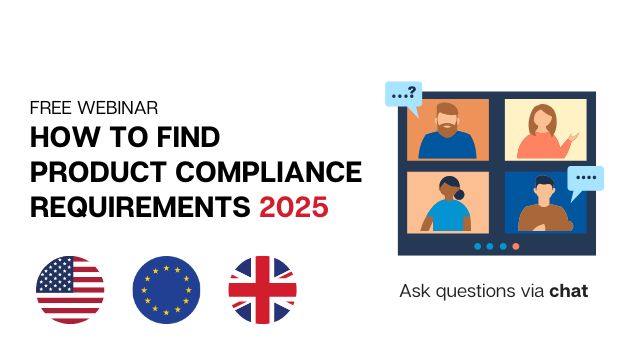
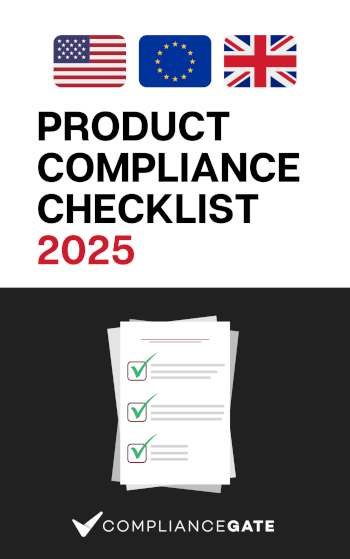




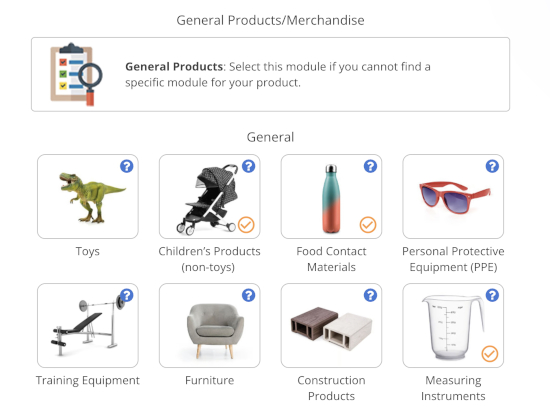






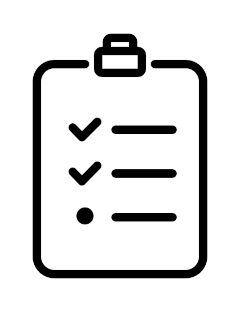


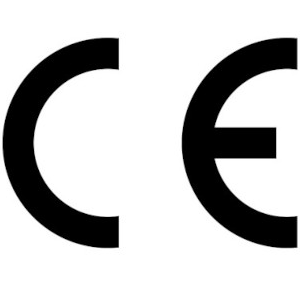




.png)
.png)
.png)
